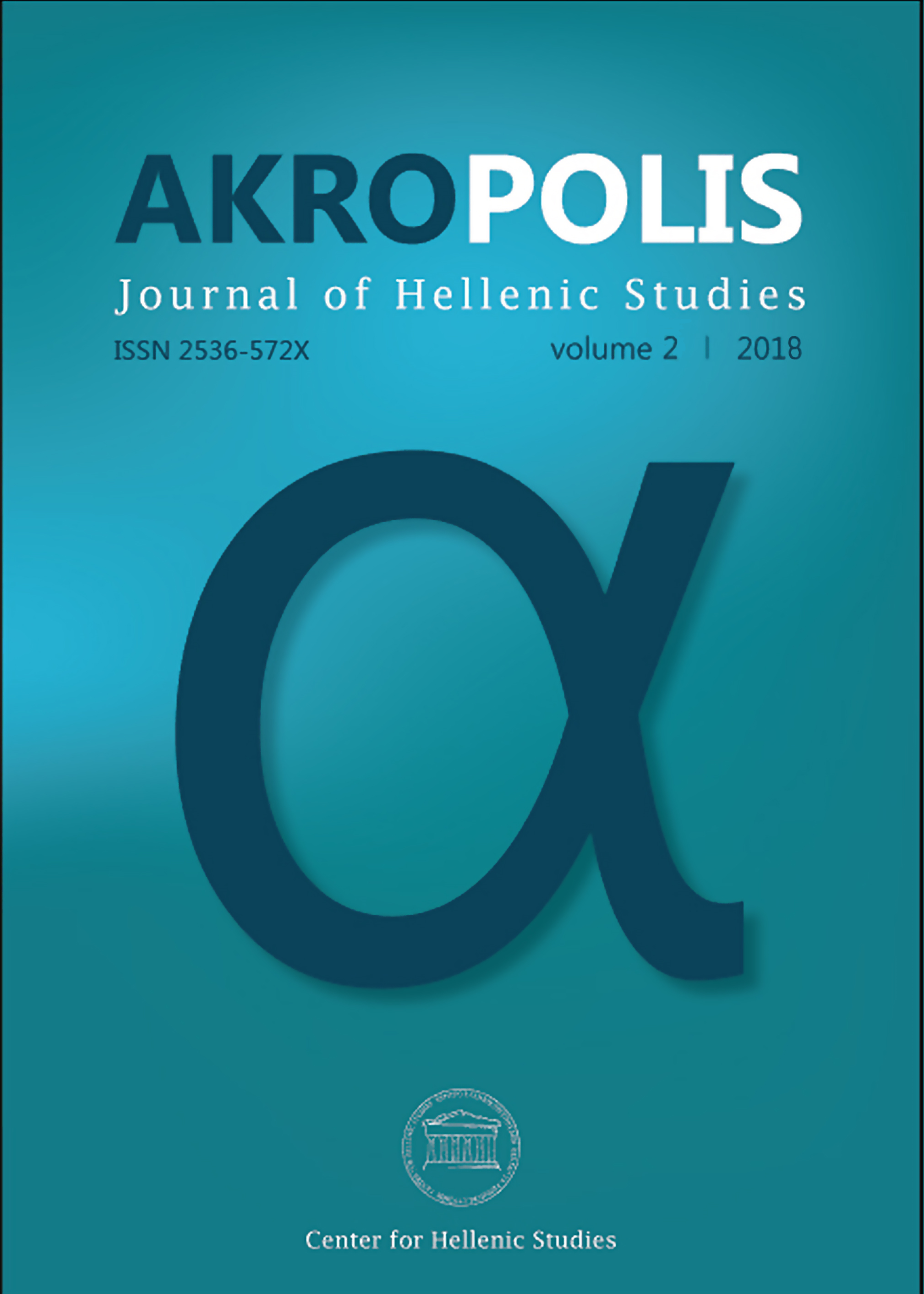The Memory of the Persian Wars through the Eyes of Aeschylus: Commemorating the Victory of the Power of Democracy
The Memory of the Persian Wars through the Eyes of Aeschylus: Commemorating the Victory of the Power of Democracy
Author(s): Eleni KrikonaSubject(s): Ancient World, Greek Literature, Philology
Published by: Центар за хеленске студије
Keywords: Aeschylus; Persian Wars; Athenians; Democracy; Political Identity; Freedom; Solidarity; Equality
Summary/Abstract: The present paper addresses Aeschylus, and the way he wanted to be remembered by his fellow Athenians and the other Greeks. Having lived from 525/524 until 456/455 BCE, Aeschylus experienced the quick transition of his polis from a small city-state to a leading political and military force to be reckoned with throughout the Greek world. The inscription on his gravestone at Gela, Italy, commemorates his military achievements against the Persians, but makes no mention on his enormous theatrical renown. His plays were so respected by the Athenians that after his death, his were the only tragedies allowed to be restaged in subsequent competitions. And yet Aeschylus, when time came to describe himself and the work of his lifetime, mentioned exclusively his contribution in the fight against the Persian Empire as an Athenian. Triggered by the poet’s narrative on his most memorable moment of his life, the present paper seeks to shed some light on the Athenian political identity, emerged during and soon after the Persian Wars, which not only derived from the newly-established democratic constitution of the late sixth century, but also supported it. Aeschylus’ epigram as well as some particular plays of his (the Persians, the Eumenides, and the Suppliants), narrates the confidence, the solidarity and the feeling of equality the Athenian citizens shared in regards to the defence of freedom of their polis as well as of all Greece, which came above anything else in their life, meaning above noble lineage and wealth. The gravestone of the poet stresses, in other words, how it felt like for an Athenian to live during the emergence of the very first Democracy that progressively supported the claim of Athens to become a ruler in the Aegean, by constructing its naval "Empire", ideologically upon the commemoration of the victory of the Athenian Democracy against the tyranny of Persia at Marathon and Salamis.
Journal: Akropolis: Journal of Hellenic Studies
- Issue Year: 2/2018
- Issue No: 1
- Page Range: 85-104
- Page Count: 19
- Language: English

